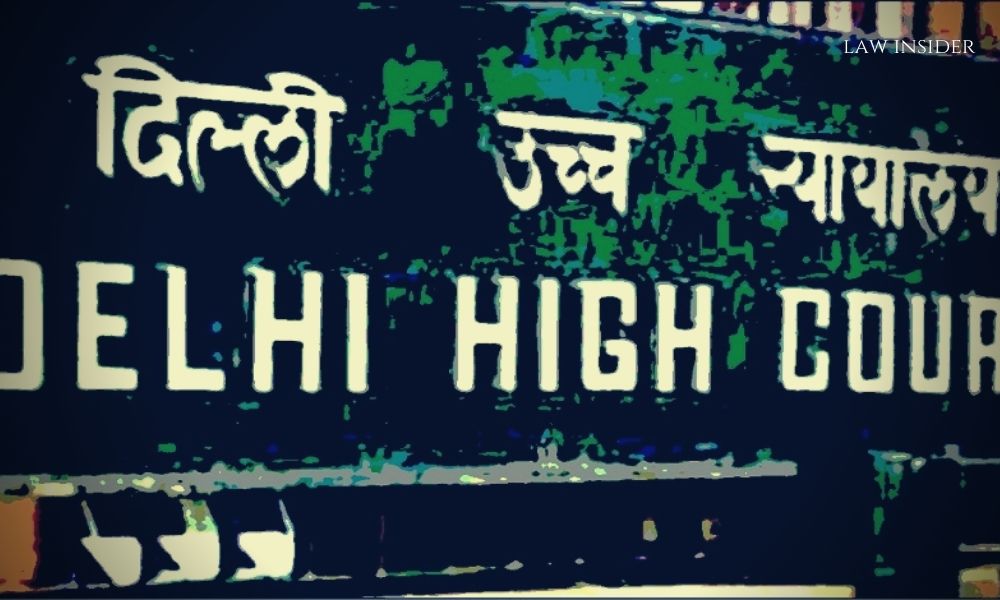Khushi Doshi
Published On: February 02, 2022 at 18:56 IST
Delhi High Court has observed that it is incumbent on Trial Courts to consider the maintainability of suits at the outset to avoid long delays, particularly in cases involving Government land. Justice Pratibha M Singh dismissed a second appeal challenging a single judge’s order denying the Appellants possession of government land.
The original suit was filed against DDA on the grounds that on May 8, 1984, the DDA threatened to demolish the house and asked the Plaintiffs to hand over possession of it. Plaintiffs have owned the suit property, which is in the revenue estate of Humayunpur since the time of their forefathers.
DDA claimed that the Plaintiffs were Illegally occupying a horticulture park that the Union of India had already acquired and placed at the disposal of the DDA. It also Contended that Plaintiffs only intention was to take DDA’s land by unauthorized construction.
According to Justice Singh, “Illegal occupants of such properties continue to enjoy prime government or public land without paying the government a single penny for use and occupation.”
“As government authorities continue to defend against suits filed by such occupants, the public is deprived of the use and enjoyment of the said land which has been acquired for public purposes. Thus, it is incumbent upon the Trial Courts, to consider the maintainability of such suits at the initial stage in a manner that they deem appropriate, so as to ensure that such long delays do not take place, especially in respect of government land,” the Court said.
The Court directed that a copy of the order be distributed to all District Judges, who would then distribute it to all Judicial Officers in the Trial Courts.
According to the facts of the case, mere sporadic or stray entries in the revenue records cannot confer title, and the Plaintiff failed to establish that there is any substantial question of law that deserves to be adjudicated in the second appeal.
This Court also stated that it was aware that the property in question was located near South Delhi Colony and was very beneficial, and thus the Plaintiff, who was in ownership of a large portion of the suit property, cannot continue to be in possession, as doing so would be a violation of the law and it would be like “giving a premium to illegal encroachments and occupations on public land.”

